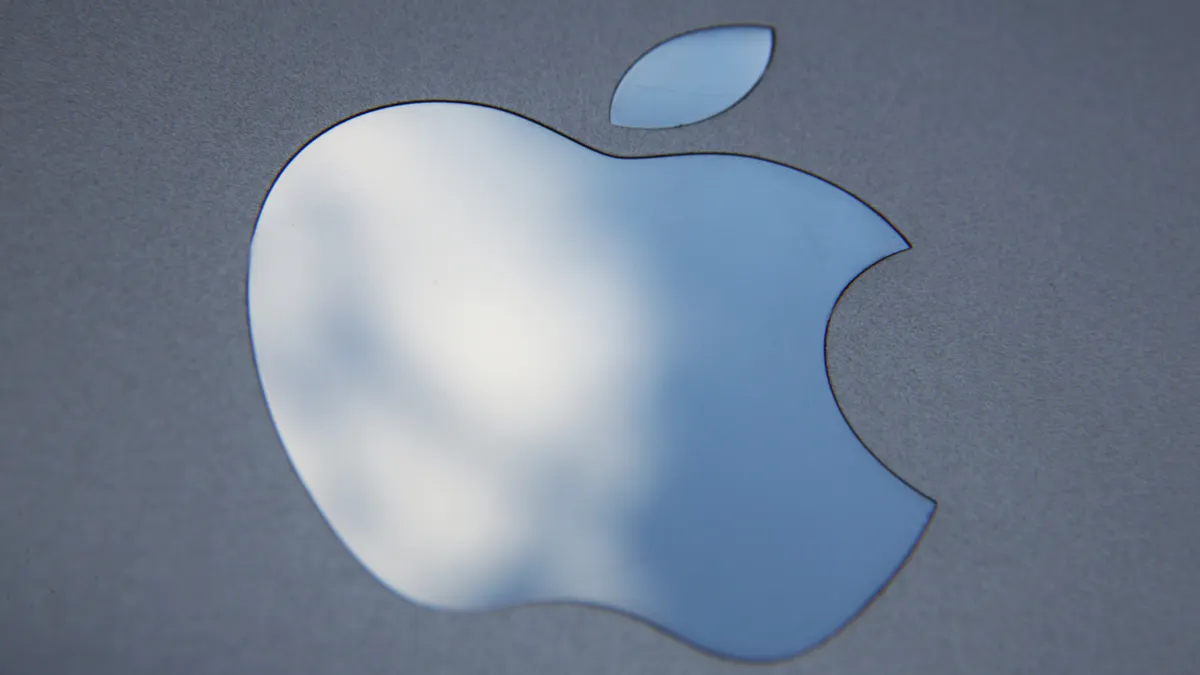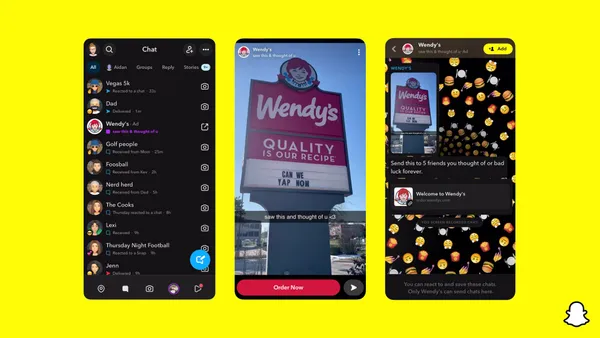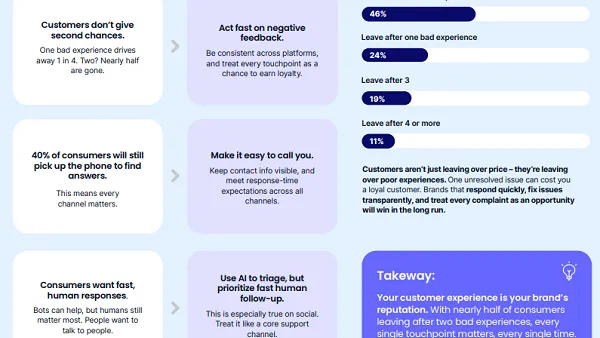Dive Brief:
- Tech giant Apple terminated an account held by Epic Games in Sweden, the app developer said, contending Apple “has no intention of allowing true competition on iOS devices.”
- The move effectively blocked Epic from launching a rival app store on Apple devices in Europe, according to a Wednesday press release. Launching its own app store would have allowed Epic to avoid the tech behemoth’s payment processing fees for in-app purchases.
- “Apple is trying to cynically kill off developers that stand up to them,” Epic’s Director of Public Policy Leo Rees said in a Wednesday LinkedIn post. “Consumers should be able to download apps from where they want, just like on every other computing device.”
Dive Insight:
Cupertino, California-based Apple said it based its decision on Epic’s past actions, according to a company spokesperson. The two companies have been in a bitter dispute since 2020, when the Fortnite video game maker released a software update that would allow its users to bypass Apple’s payment system and the fees associated with it.
“Epic’s egregious breach of its contractual obligations to Apple led courts to determine that Apple has the right to terminate ‘any or all of Epic Games’ wholly owned subsidiaries, affiliates, and/or other entities under Epic Games’ control at any time and at Apple’s sole discretion,’” an Apple spokesperson said in an email. “In light of Epic’s past and ongoing behavior, Apple chose to exercise that right.”
A spokesperson for Cary, North Carolina-based Epic Games declined to comment on the legality of Apple suspending its developer account, or about how Epic would respond, pointing to CEO Tim Sweeney’s comments in reports from The Verge and The New York Times.
”We see Apple’s decision to block us from competing as a blatant effort to kneecap its leading competitor,” Sweeney told The Times.
Epic is not alone in its frustration with Apple’s “walled garden” approach to apps and in-app payments. Epic is a founding member of the Coalition for App Fairness, a nonprofit organization it formed with streaming platform Spotify and online dating company Match Group. Within hours of the news, the nonprofit called on the European Commission to step in and enforce the Digital Markets Act, a law meant to promote app competition.
“This is exactly the type of behavior the DMA is intended to prevent, yet Apple thinks they can continue to exercise monopoly power over the mobile app ecosystem,” Coalition for App Fairness Executive Director Rick VanMeter said in a post on the group’s website. “For all developers’ sake, the European Commission must not let this kind of abuse go unanswered.”
The move baffled industry experts, who said Apple’s defensive posture could backfire for the company.
“I am not sure what Apple’s thinking is here,” Consumer Reports Senior Researcher Sumit Sharma said in an email. “My view is that Apple has to comply with the DMA - it is the law. It is not clear on what basis Apple can ask developers to provide additional assurances before it follows the law.”
NMI Chief Product Officer Tiffany Johnson said in an email that she was “surprised” to see Apple make such a bold move, but added that this could serve as a “beachhead case” that would embolden other companies such as Spotify and Match Group. NMI is a payments company that offers its own payments platform and gateways to businesses.
Testing the boundaries of European law is a common practice for U.S. technology companies, according to Andy Wu, an associate professor at Harvard Business School.
“U.S. tech companies regularly pay hundreds of millions of dollars or billion-dollar fines to the European Union, and in practice, I think it is viewed as essentially the cost of doing business,” Wu said in a phone call.
Apple may well want to protect its app store revenues because they represent a sizable portion of the “services” revenue category, Wu said. The company has looked to that category to buttress slowing sales of the iPhone, traditionally its largest source of revenue.
















